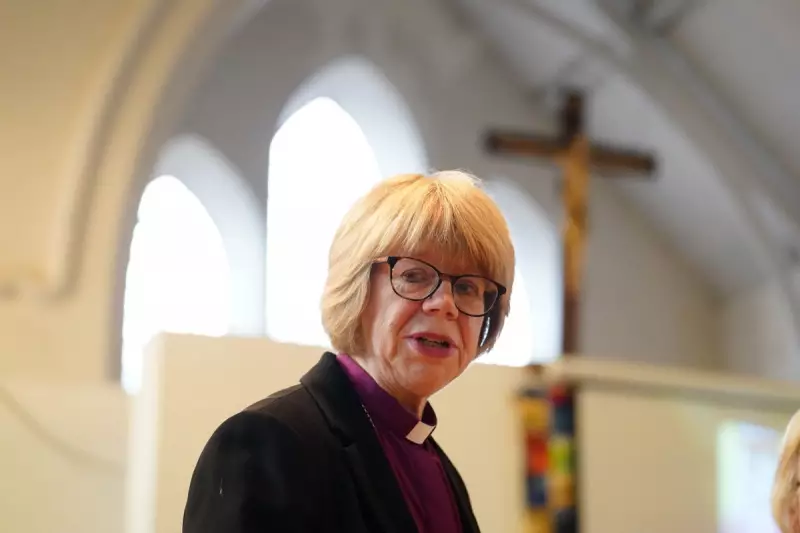
In a landmark address that could reshape interfaith relations in Britain, the Bishop of London has delivered a profound apology for the Church of England's historical role in perpetuating anti-Semitism.
Dame Sarah Mullally, speaking on behalf of the Church, acknowledged what she described as the 'sin' of Christian anti-Jewish persecution that has persisted for centuries. Her powerful words came during a special reception at London's St Marylebone Parish Church, marking a significant moment in Anglican-Jewish relations.
A Historic Reckoning
The Bishop didn't mince words, stating unequivocally that Christian teachings had directly contributed to the 'suffering and death of Jewish people' throughout history. She expressed particular remorse for how these attitudes had created environments where Jewish communities felt unsafe and unwelcome.
'We in the Church of England, and the wider Christian community, have sinned,' Dame Sarah declared before an audience that included senior religious leaders and community representatives. Her address represented one of the most comprehensive acknowledgments of Christian complicity in anti-Jewish persecution in recent memory.
Building Bridges for the Future
Beyond the apology, the Bishop outlined concrete steps toward reconciliation. She emphasized the Church's commitment to 'repentance and repair,' calling for renewed efforts to combat contemporary anti-Semitism and build stronger interfaith relationships.
The reception also featured addresses from Chief Rabbi Sir Ephraim Mirvis and the Archbishop of Canterbury, Justin Welby, signaling a united front across religious leadership. This collaborative approach suggests a genuine commitment to turning historical acknowledgment into meaningful action.
This development comes at a critical time, as religious communities across Britain navigate increasing concerns about faith-based discrimination and seek new ways to foster understanding between different groups.





